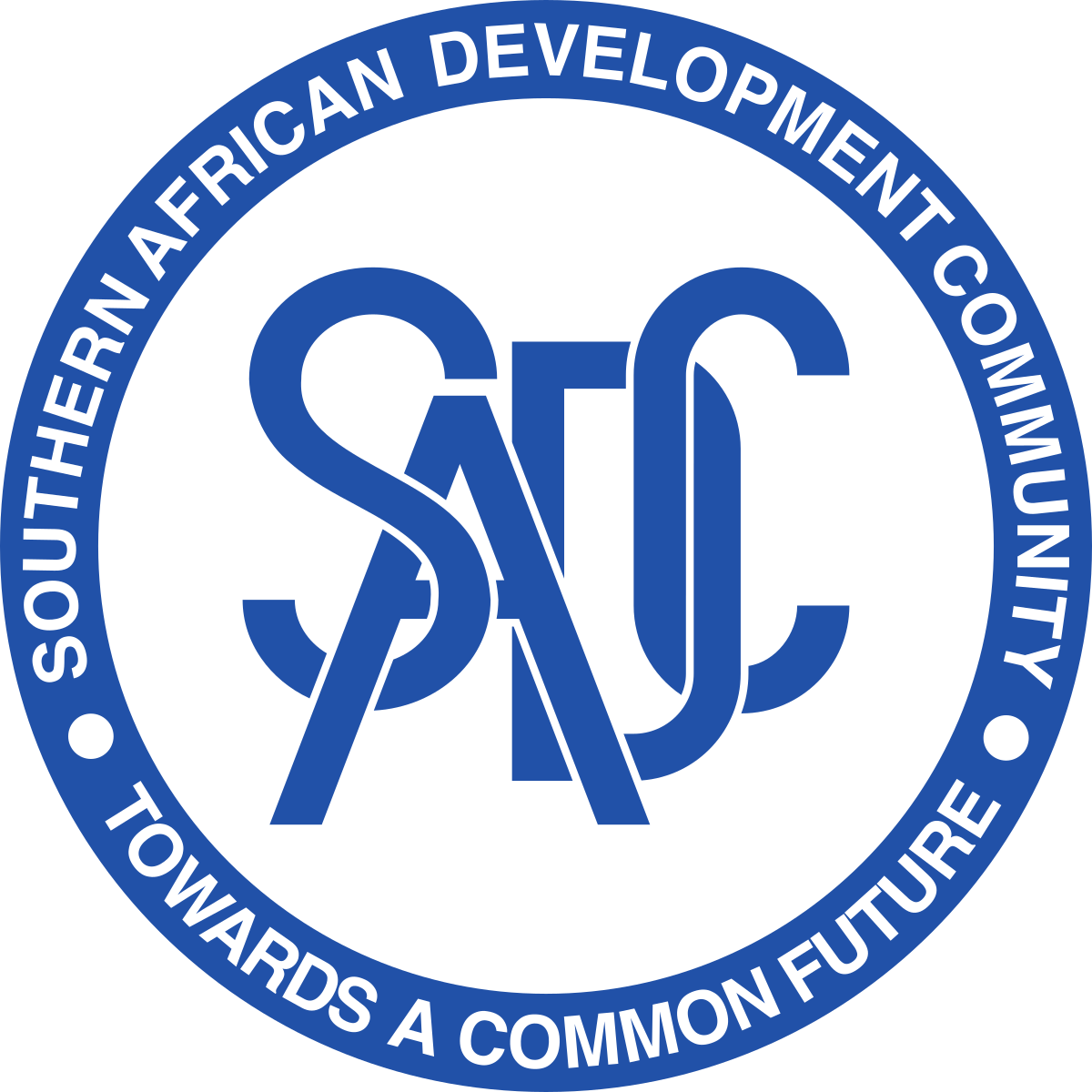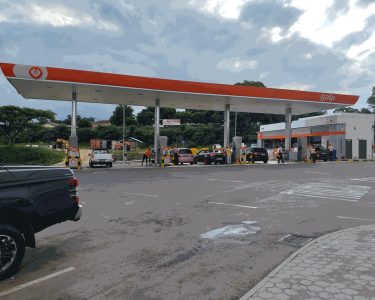
By Khulile Thwala
The Southern Africa Development Community (SADC) has revealed that the total number of transactions settled on the SADC-Real Time Gross Settlement System (SADC-RTGS) renewal programme SADC-RTGS by the end of January 2023 was 2 834 860 representing a value of E10.97 trillion.
Banks drawn from 15 Member States participate in the system and the total number of participating banks, including central bank participants, is 89.
This was revealed during the annual payments system regional conference last held during the pre-Covid-19era.
According to SADC News, the member states had discussions around this as well as the digitisation of cross-border payments to drive financial inclusion, the adoption of Central Bank Digital Currencies (CBDCs), a case study on instant payments (and implementation considerations), sound approaches to cyber resilience in the digital world and key considerations for modernising payment systems.
The conference also considered progress on the implementation of the SADC-RTGS renewal programme. The main objective of this programme is to modernise the settlement system in a manner that promotes efficiency and effectiveness.
The renewal journey will also minimise risks to the payments ecosystem by leveraging technological developments to extend the availability of digital services to all sectors of society for the benefit of the SADC region.
In his welcoming remarks, Technical Advisor to the Governor of the Bank of Namibia, Romeo Nel, said banks were in the middle of a global digital payment evolution of technology, services and consumer behaviour, all shaping the payment landscape.
Nel said it was exciting to see central banks innovating in their pursuit of CBDCs and other equally exciting solutions, such as faster payments, and to witness the sharing of expertise, knowledge, and information as central bankers and partakers of payment systems.
However, even though technology provides exciting new prospects that have the potential to fast-track development, success in the digital age comes with challenges and obstacles for developing countries.
Access and inclusion to ICT required national infrastructure, including internet connectivity and sufficient electricity supply that spans the whole country.
Nel said banking the unbanked was essential for the economy and that the emergence of financial technologies (FinTechs) had revolutionised the way financial services were understood and experienced, opening a new world of possibilities for people previously left out of the banking systems.
There was a need for laws to be amended and policies to be implemented to ensure that digital transformation supports the modernisation of the payments sphere.
In his message of support, SADC Secretariat representative, Rado Harilala Razafindrakoto, said in light of new developments in the payments industry, the conference was a great opportunity for sharing best practices and peer-to-peer learning for Member States on topical areas such as FinTech, modernisation of payment systems, cyber security and CBDCs.
The SADC Secretariat will continue to mobilise resources in support of the financial integration agenda, including payment systems. Consultancy services have been commissioned by the EU for the identification and formulation of action to support the development of an integrated, credible and robust capital and financial market in the SADC Region.




